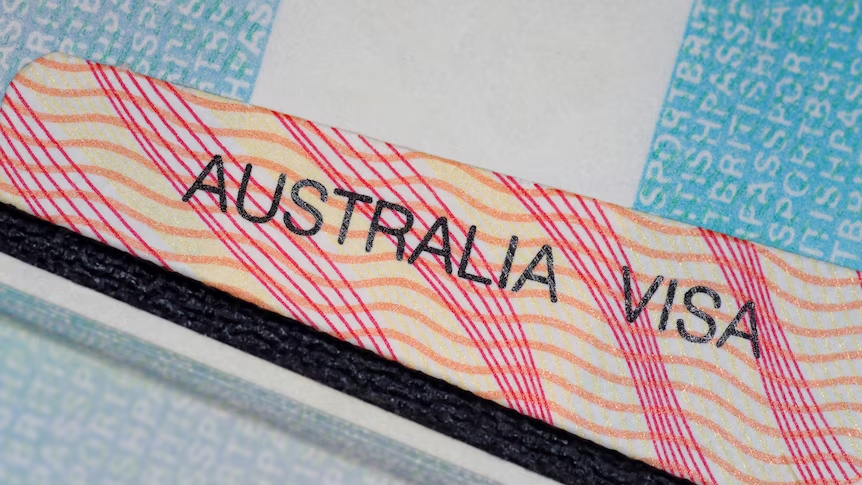Fiji’s Assistant Minister for Home Affairs Ratu Rakuita Vakalalabure Tuesday stressed the urgency of addressing Fiji’s drug problem.
Speaking at the National Workshop for Counter Narcotics Bill, Vakalalabure said this growing national crisis is starting to tear through the very fabric of society.
He said the government is ramping up efforts to tackle the escalating threat of illicit drug trafficking with the establishment of a new Counter-Narcotics Bureau and the introduction of robust legislation to combat drug-related crime.
Vakalalabure said the Bureau will work closely with key law enforcement agencies to dismantle narcotics networks and implement targeted enforcement operations.
“There is a need to implement strong and effective legislation that will help guide our legal system and assist our enforcement officers in the fight against drugs and effectively prosecuting drug offenders.”
Vakalalabure also highlighted the broader impacts of the drug trade, noting how it has infiltrated communities and families, leading to a rise in drug-related crime and violence, as well as addiction.
“Our nation, strategically positioned in the Pacific, has been targeted by drug trafficking organisations that seek to exploit our vulnerabilities for their own gain. The impact is not just felt in increased crime, but in the lives shattered by addiction and the families torn apart by this destructive trade.”
Vakalalabure said to strengthen its response, the Ministry of Home Affairs is working in collaboration with various stakeholders, including civil society organisations, faith-based groups, and international experts.
He said the establishment of the Counter-Narcotics Bureau is a cornerstone of the national strategy and aspiration to have a drug-free Fiji.
Vakalalabure reiterated that the government is determined to protect the nation and its people from the devastating effects of the drug trade.
The meeting, supported by UNICEF, was held specifically to target drugs and other related social problems in schools.
Education Secretary, Selina Kuruleca said children are the future leaders, and government must ensure they are protected and educated to make good decisions.
She said the question often asked is why children take drugs.
Kuruleca said there are various reasons – some due to peer pressure, some out of curiosity, some use drugs as a coping mechanism to mask emotional pain, and some follow role models in their communities.
She stresses these reasons can be a platform for everyone to analyse and diagnose the root causes and discuss possible strategies to address the drug use problem.
She also told the Taskforce that it is important to protect children from this scourge and the related health and social issues.
In another development, a local tourism stakeholder has highlighted a growing concern that could undermine the country’s status as a premier travel destination, the rise of illicit drug use.
Speaking at the rebranding and reopening of the Yatule Resort and Spa on Natadola Beach, Kimaya Group’s Managing Director, Damen Gounder observed the prevalence of illicit drugs poses a significant threat to Fiji’s tourism industry.
Gounder said daily reports of drug-related finds among local population are alarming and could potentially infiltrate the tourism sector.
He said Fiji’s tourism industry is a crucial pillar of the national economy, with a substantial portion of the population relying on it for their livelihoods.
“Should illicit drugs availability and use find itself into the tourism sector, I am certain, Fiji will not be a preferred destination by many who are choosing us for their honeymoon, family vacation or even schoolies retreats.”
Gounder emphasised the need for proactive measures to address the problem.













